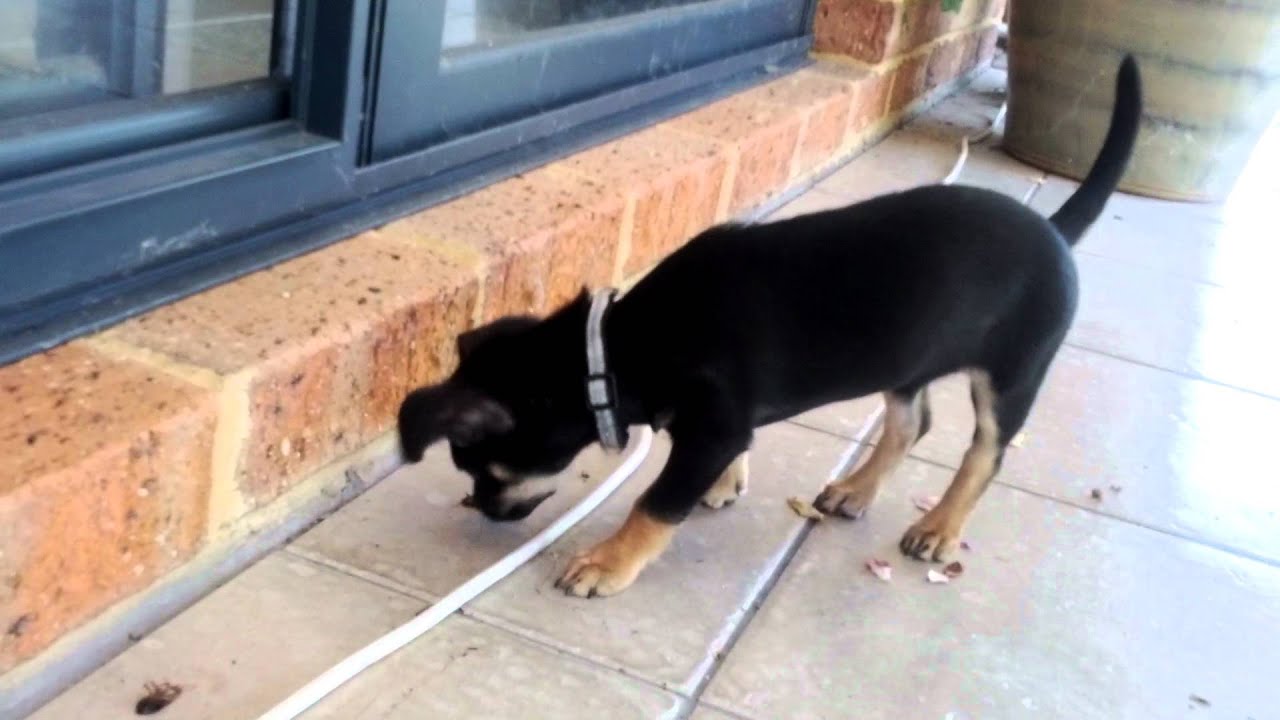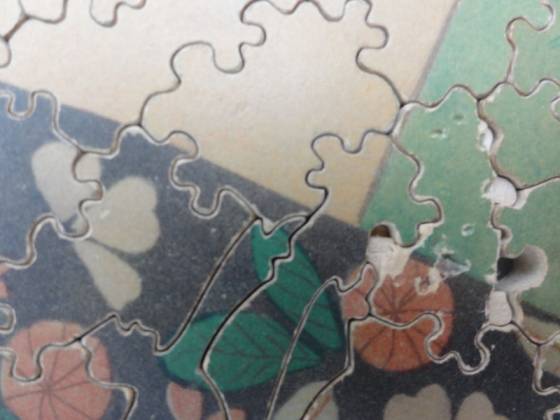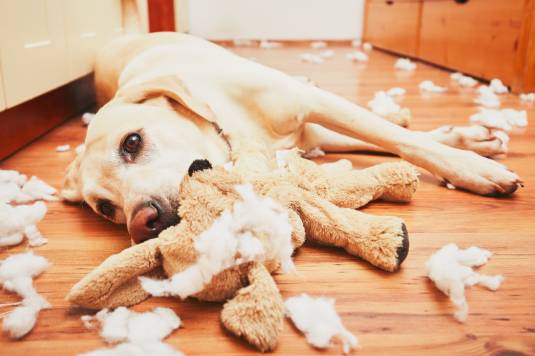Note: Has your dog swallowed a toothpick? Or do you believe he’s swallowed a toothpick? If so, then it’s time to call the vet to get some advice. This could be a medical emergency and your vet will have the best guidance for you and your fur baby.
Connect with a verified veterinarian in minutes. Licensed vets are available 24/7 to answer your questions. No need to worry about your furry family member.
Dogs do love to snarf up human food when they have the chance! In fact, some dogs are wonderful opportunists. A dog may see an hors d’oeuvre on the counter or on a table. It may be something like a small sausage or cheese on a toothpick. When no one’s looking, the dog quickly snaps up the yummy morsel, toothpick and all! It happens!
Some dogs may also head out to the kitchen to the wastebasket. After all, if you’re a dog, that’s a great place to find snacks! But those snacks can be dangerous and include plastic or wood toothpicks. Both of these are dangerous for your dog.

The Problem with Toothpicks
Toothpicks come in two kinds—wood or plastic. You might think that the wooden toothpick would be OK and there’s no need to worry if your fur baby swallows one. But that’s not the case. Both wooden and plastic toothpicks can be dangerous if swallowed.
The wooden toothpick, even if partially chewed, could still cause a problem. Both types of toothpicks are sharp on the ends, and can become lodged in your dog’s throat, pierce the esophagus, or become lodged in the gastrointestinal tract.
Do Not Treat at Home
Do not treat your dog at home unless your veterinarian recommends this step. That means do not give your fur baby any medications, induce vomiting, or other treatments.
Inducing vomiting can be especially dangerous, as the toothpick could cause damage as it comes back up.
So, avoid treating your dog at home unless the vet has recommended you do so.

Review symptoms, medications & behavior to keep your pets healthy with a Vet Online in just minutes.
Ask a Vet Live NowWhat to Do If Your Dog Swallows a Toothpick
The first thing is to stay calm. If your fur baby isn’t choking, then the toothpick has traveled down to his stomach. On the other hand, if your dog is drooling excessively, coughing, or choking, then this is a medical emergency and you’ll need to get your canine companion to the vet as soon as possible. The toothpick, in this instance, could be caught in your dog’s throat. Do not attempt to induce vomiting, as this could cause your dog to choke and be unable to breathe. Get to the vet quickly.
Even if your dog has swallowed the toothpick without problems, then it’s still a good idea to call the vet. They’ll have the best advice on what to do next. In some cases, the vet may ask you to give your dog some bulky food to help the toothpick pass out of your dog’s system safely. The food works to surround a sharp object, such as a toothpick, as it travels through the intestines. This keeps the sharp edges of the toothpick covered, which may save your dog’s intestines from being pierced. Your vet will be able to advise you on the best type of food to give your pet in this instance.
While it can be effective, this method is still not without risk.
Vets usually recommend watching your canine companion for any of the following signs:
- Discomfort, restlessness (unable to get comfortable)
- Vomiting
- Heaving/retching (without vomiting)
- Diarrhea
- Bloating
- Loss of appetite
These symptoms could indicate your dog is suffering from a bowel issue such as an obstruction or puncture, which could be a life-threatening emergency. In this case, your canine companion will need to see the vet immediately.
Treatment of Toothpick Ingestion in Dogs
If your canine companion needs to head to the vet’s office, they have different treatment options to choose from, including:
Endoscopic procedure: this is a safe method to remove the toothpick from a dog’s digestive tract. The procedure is done under anesthesia. Once your fur baby is asleep, the vet can use an endoscopic camera to see where the toothpick is lodged. Using long, flexible tweezers, the vet can remove the toothpick and safely remove it.
Surgery: in some cases, the vet may need surgery to safely remove the toothpick. Your fur baby will be under general anesthesia, and the vet will surgically remove the toothpick and repair any damage it may have caused.
Wait & watch: this approach is used if the vet believes the toothpick may move safely out of your dog’s digestive tract. The vet will explain symptoms that indicate your dog is having a problem passing the toothpick. If your fur baby shows any of these signs, the vet will want you to call right away.
Dogs who eat toothpicks can become very sick; however, with prompt medical treatment, they should make a full recovery. You two will be back to playing and going for walks in no time!
Connect with a verified veterinarian in minutes. Licensed vets are available 24/7 to answer your questions. No need to worry about your furry family member.

Rebecca MacMillan, BVetMed BSAVA PGCertSAM MRCVS
This article has been reviewed and approved by an independent Veterinarian: Rebecca is a companion animal vet who has always had a passion for writing and client communication. Since her graduation from the Royal Veterinary college in 2009 she has gained a wealth of experience in first opinion small animal practice, in both clinical and managerial roles. She currently works in the South West and deals with a variety of routine and emergency appointments, but particularly enjoys medicine cases. Outside of work and writing, she enjoys spending time with her family, including her bouncy flat coated retriever George!
Review symptoms, medications & behavior to keep your pets healthy with a Vet Online in just minutes.
Ask a Vet Live Now





